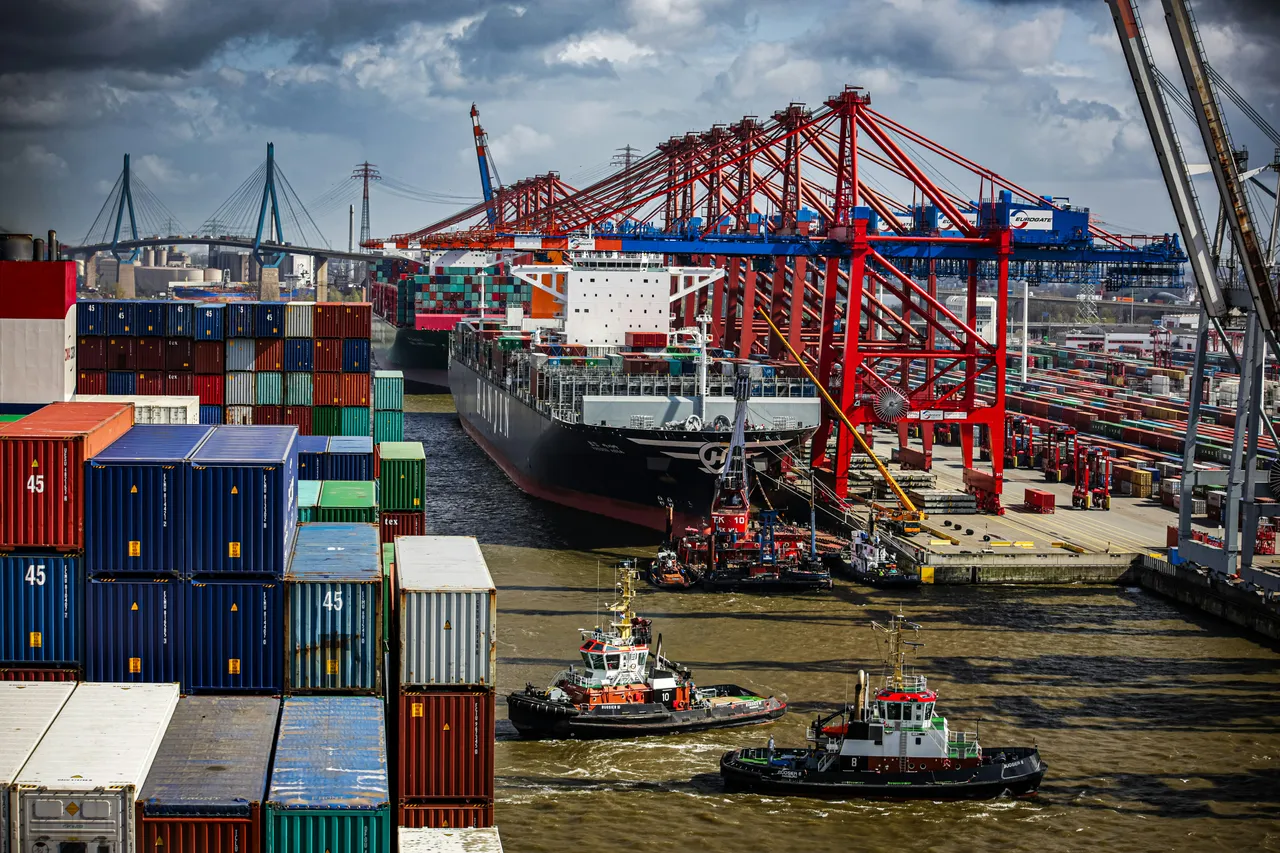Building Strong Relationships with Carriers: A Guide for Shippers

In the dynamic world of logistics, building strong relationships with carriers is paramount for shippers looking to optimize their supply chain. This guide delves into strategies for fostering these essential partnerships, ensuring a smoother, more efficient transport process.
Understanding Carrier Needs
To build a strong relationship with carriers, it is crucial for shippers to first understand their needs and concerns. Carriers are looking for consistency in loads, timely payments, and straightforward communication. By ensuring that you can provide these basics, you're laying a foundation for a partnership based on mutual respect and understanding. Remember, carriers are more likely to go the extra mile for shippers that make their job easier.
Moreover, understanding the operational side of your carriers can lead to more productive discussions about how both parties can improve efficiency. This could involve adjusting load times to better fit the carrier's schedule or providing more accurate load details to avoid surprises.
Effective Communication Strategies
Communication is the lifeblood of any strong relationship, and this holds true for shippers and carriers alike. Establishing open, honest, and frequent communication channels helps in preempting issues, solving problems, and making adjustments in real-time. Utilize technology to streamline communication but don't underestimate the value of personal interaction. Regular check-ins, whether through phone calls, emails, or face-to-face meetings, can significantly enhance the partnership.
It's also beneficial to have a dedicated point of contact for your carriers. This ensures that they always know whom to reach out to with concerns or updates, making the process more personal and efficient.
Partnership Beyond Transactions
Viewing your relationship with carriers as a partnership rather than a mere transaction can lead to long-term benefits for both parties. When carriers feel valued and see that you’re invested in their success as much as your own, they are more likely to provide better service. Invest in understanding their business and challenges. This can lead to collaborative solutions that improve the supply chain for both sides.
Consider recognizing and rewarding carriers who consistently perform well. This could be through financial incentives, public recognition, or more favorable terms. Such gestures show that you value the relationship and encourage a culture of excellence.
Leveraging Technology for Mutual Benefit
In today's logistics environment, technology plays a crucial role in optimizing operations. By adopting the latest logistics technologies, shippers can offer carriers tools and data that make their jobs easier. This includes real-time tracking, electronic documentation, and data analytics for route optimization. Sharing this technology with your carriers not only improves their efficiency but also strengthens your relationship by demonstrating your commitment to mutual success.
Furthermore, technology can help in creating more transparent and equitable partnerships. Through shared platforms, both shippers and carriers have access to the same information, reducing misunderstandings and fostering trust.
In conclusion, building strong relationships with carriers is not a one-off task but a continuous effort that requires understanding, communication, and collaboration. By prioritizing these partnerships, shippers can ensure a more resilient and efficient supply chain, capable of adapting to the ever-changing logistics landscape.
This article was developed using available sources and analyses through an automated process. We strive to provide accurate information, but it might contain mistakes. If you have any feedback, we'll gladly take it into account! Learn more